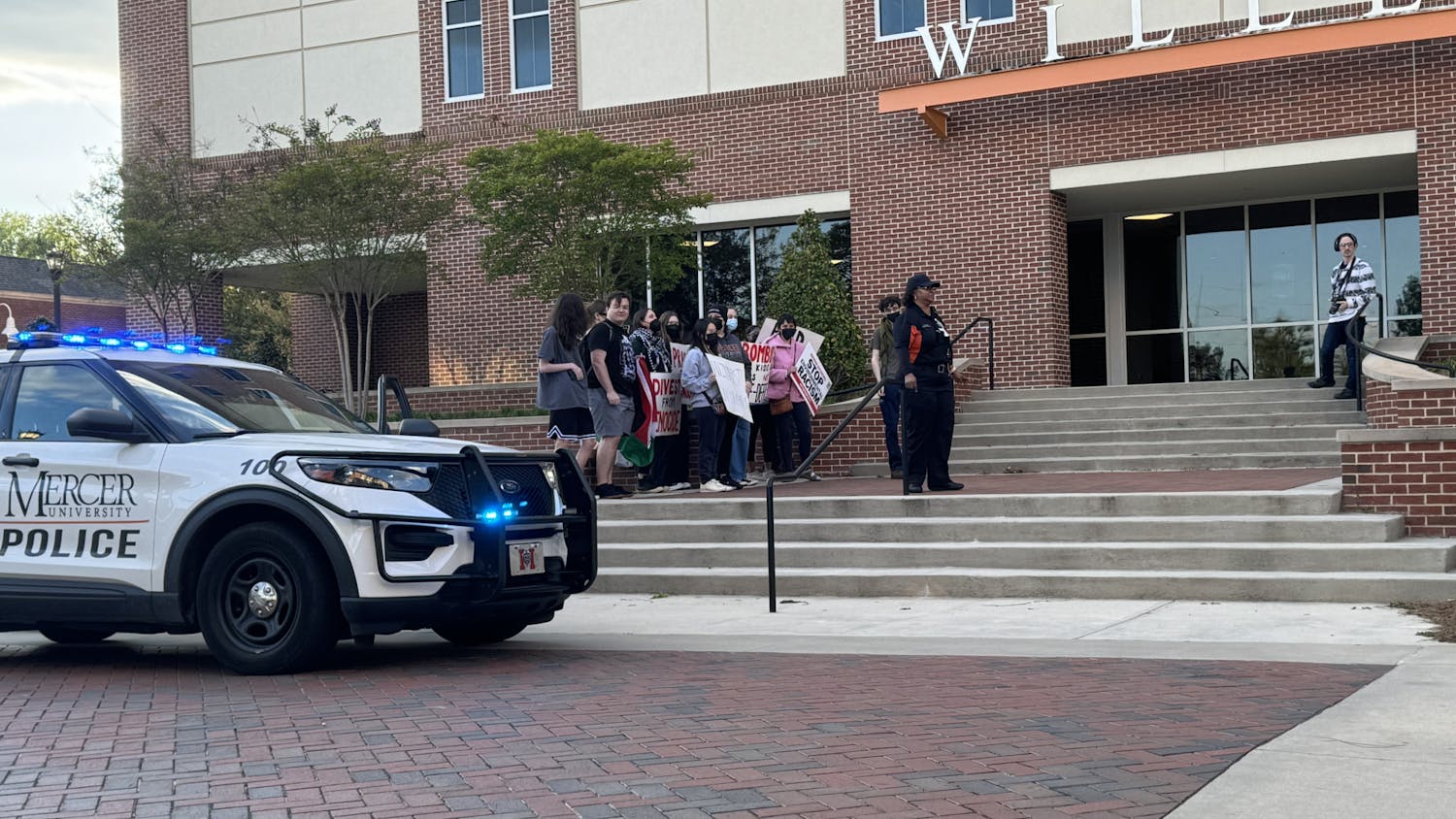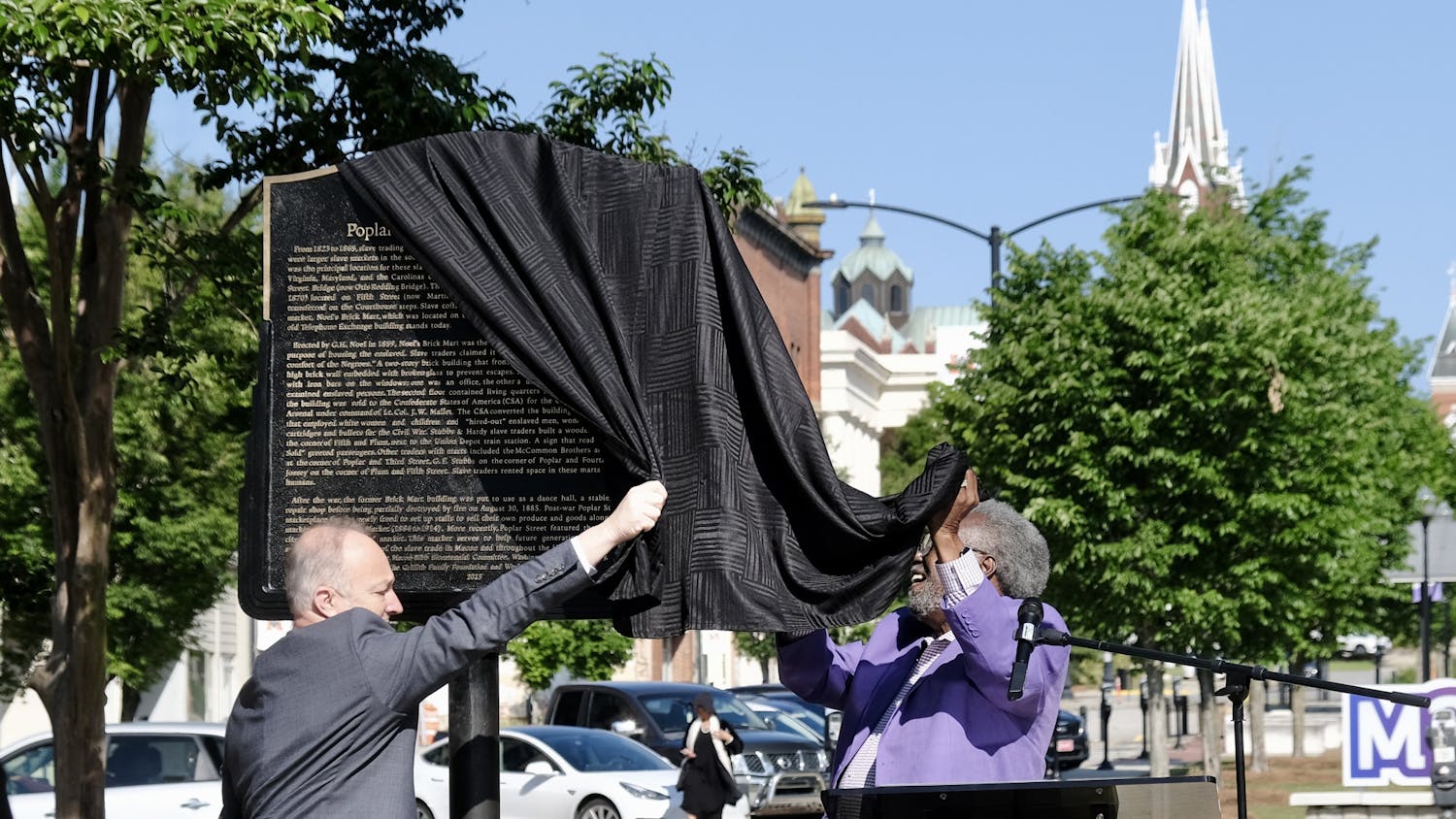Clint Eastwood pushes movie-goers to their limits in the film adaptation of Chris Kyle’s 2012 memoir "American Sniper". Eastwood, as one would expect, takes certain liberties in telling Kyle’s story and deviates from the memoir several times.
However, Kyle’s own tendency to embellish cast doubts on the accuracy of the memoir— unsubstantiated claims of beating up former Minnesota Governor and pro-wrestler Jesse Venture, shooting looters following Hurricane Katrina, and the killing of two carjackers—and are never mentioned in the film.
The film portrays Kyle as a humble and troubled hero who clings to his own humanity while he weathers a constant and torrential storm of emotions. However, the memoir leaves readers with a bitter taste: Kyle says he had no reservations about killing.
“I hate the damn savages,” he wrote about those he killed. There was no moral debate in the memoir.
The memoir pants a puffed-up, black-and-white picture of Kyle and his exploits. Eastwood, by not staying true to every detail in the memoir, creates a more accurate account of the U.S. Military’s most decorated sniper, as well as war, and humanity, by exploring “the grey”: the moral ambiguity Kyle suppressed beneath the surface and eventually, ignored.
For a while now, I’ve been fairly anti-war. I’ve always felt that soldiers, entering the military by choice, offer themselves up to become pawns in a geopolitical chess game. With my brother now a U.S Marine and my best friend joining the Coast Guard, I’ve felt conflicted. The men on the other side of the guns fight for the same reasons that you do. They bleed the same color that you bleed. And they die under the same sun. Why? Because you pledge allegiance to different arbitrary political borders. To a certain extent, I still feel that way.
But, Eastwood’s account has changed my outlook slightly. I now feel that soldiers are unwittingly lured into a maze. They are told that glory and riches lie beyond the structure and that American freedom is on the line. Behind the entrance, they wait. The veil is lifted and they charge into the maze. Eventually, they begin to claw and scratch at walls because they can’t go back. They must find their own way out. They play the game.
With every movement towards the end, the kills become easier and everything becomes black and white. Grey dies in the maze. But, those under the helmets act in the same manner that we would. If I entered that maze, I’d take those same shots. I’d take them because I’m afraid of dying.
We have our own mazes with our own marches. Their march is just more cold, broken, and unforgiving. Their maze is one of higher stakes. But, that kind of glory just leaves you hollow. Service and duty become just words.
By the time Kyle put his thoughts to the page, he no longer felt. Who could blame him? The men who sent him there turned Chris Kyle and countless others into maze-running machines who buried “the grey” long ago.




